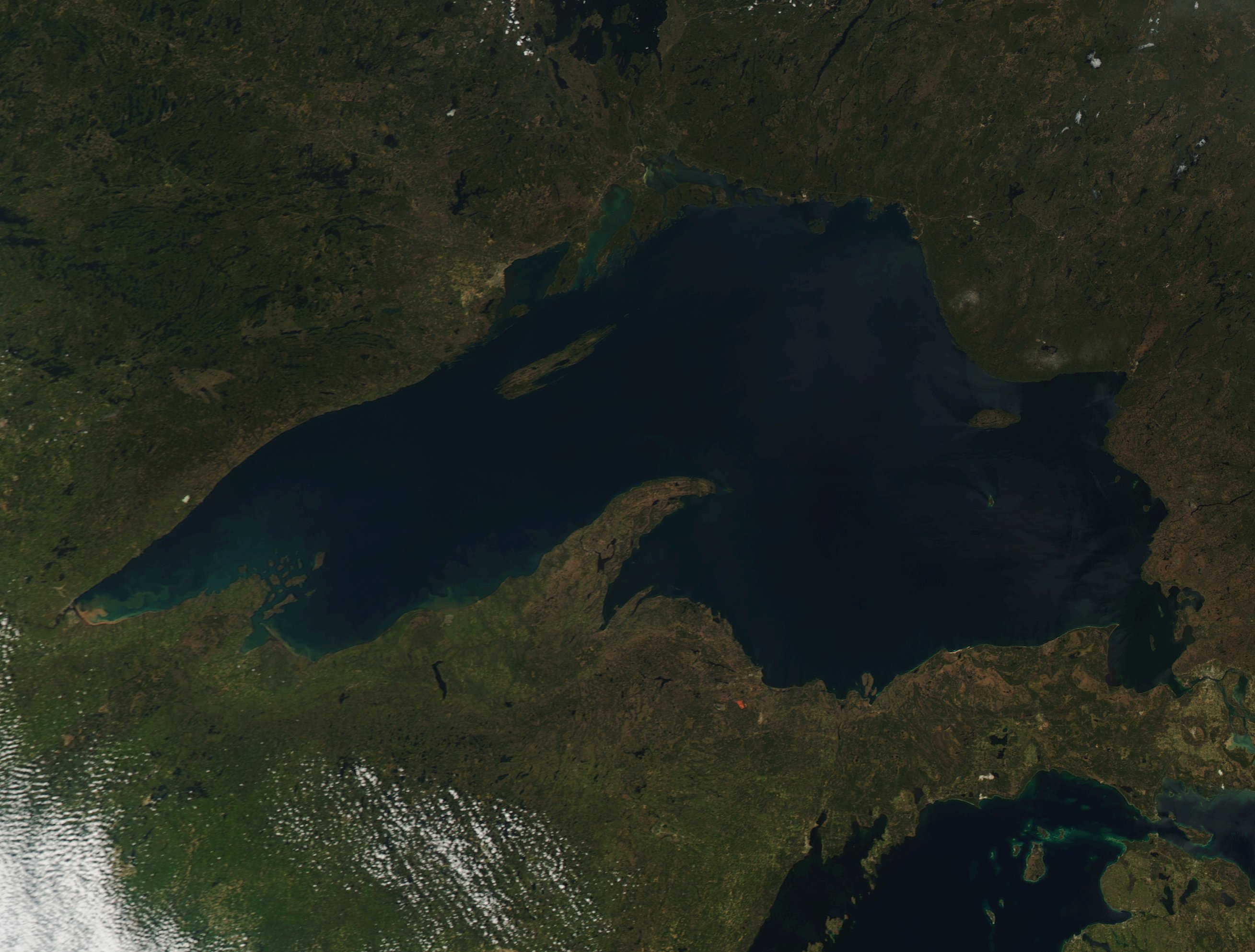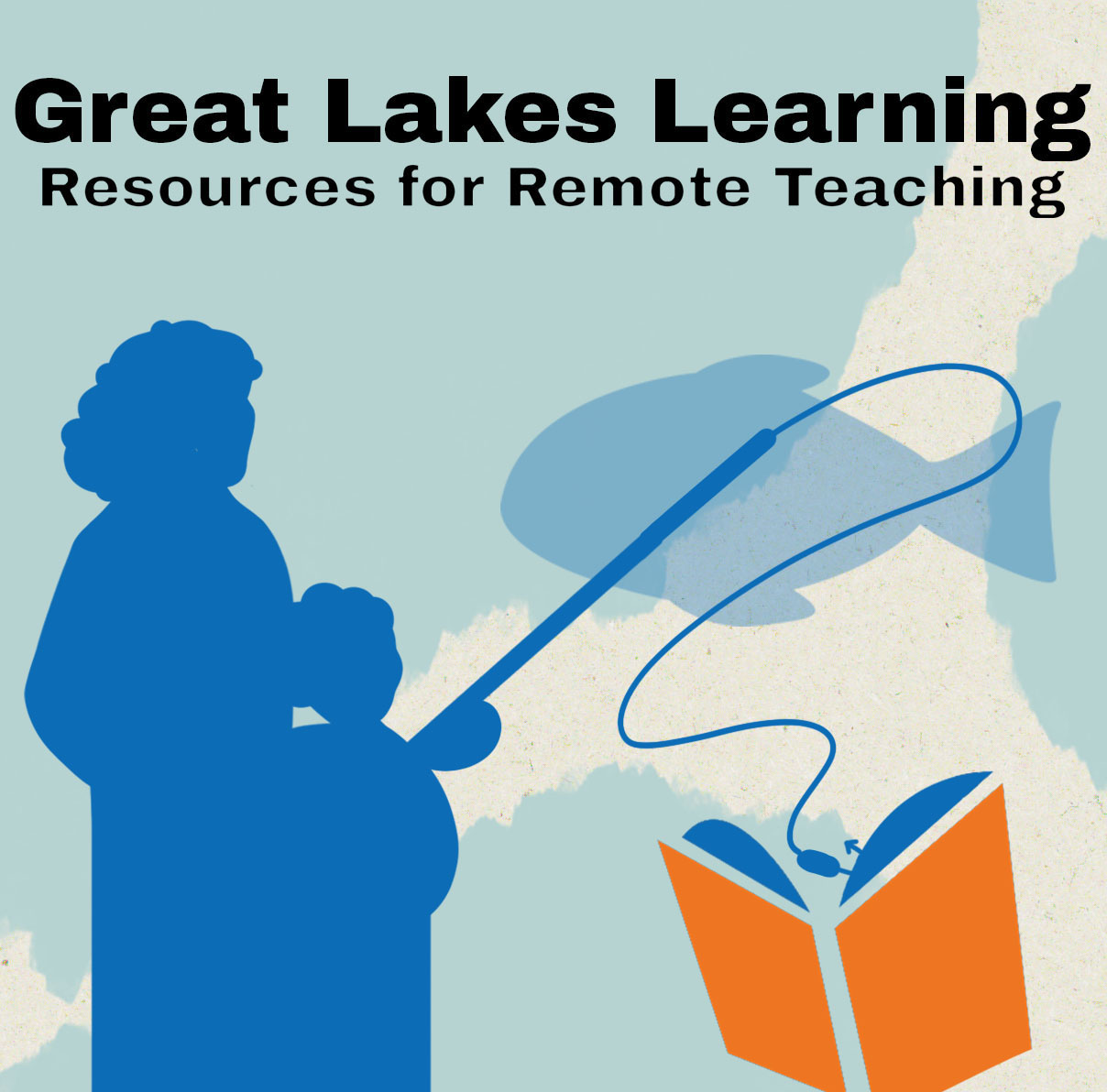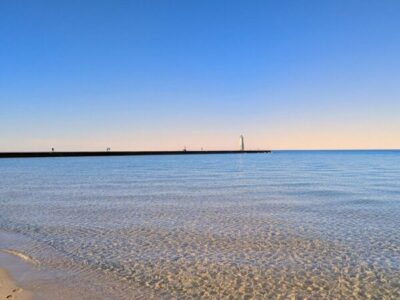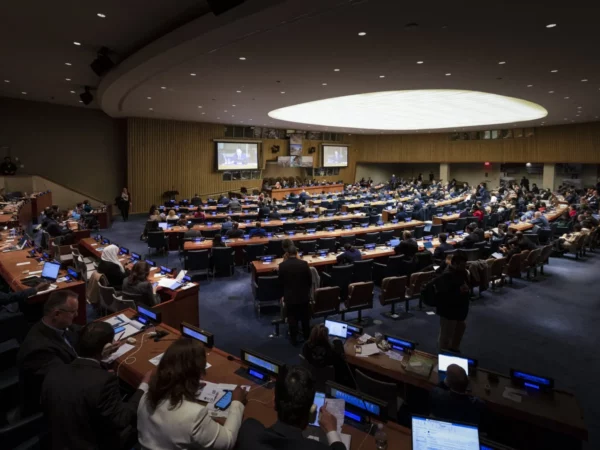
 As the author of Great Lakes Now’s Collection of Lesson Plans, educational consultant Gary Abud Jr. is now providing more support for parents, teachers and caregivers who want to incorporate Great Lakes learning into their time with children and students. His series of writings can be found HERE along with the lesson plans and a Virtual Field Trip.
As the author of Great Lakes Now’s Collection of Lesson Plans, educational consultant Gary Abud Jr. is now providing more support for parents, teachers and caregivers who want to incorporate Great Lakes learning into their time with children and students. His series of writings can be found HERE along with the lesson plans and a Virtual Field Trip.
One of my favorite activities in school, both as a student myself and then as a teacher, was having a class discussion with a variety of opinions offered.
It only got better when it was a proper debate with prepared arguments because everyone has an opinion and a lot of people feel strongly about their opinions. And while it wasn’t always pretty to see teenagers argue their point in class, it was fun to dabble in the art of persuasion.
Whether you’re a classroom teacher and you want to engage your students in debate over a video conference, or a parent at home looking to better cement your kids’ learning, this activity will help.
Hey, maybe this is a debate you want to have among family members based on past experiences traveling to the lakes or watching the Great Lakes Now monthly show!
Watch the Great Lakes Now Series Preview:
API key not valid. Please pass a valid API key.No matter how to frame it, the technique of a prepared debate has many benefits, including building reading, writing, speaking and listening skills.
That’s why this activity from our Great Lakes Learning collection engages students in researching a lake and synthesizing their learning into a cohesive argument defending the awesomeness of their lake against others in a head-to-head competitive debate. Point. For. Point. In doing so, students will need to make claims, back those claims with evidence, and argue for their position using logical reasoning.
Start by having students get an overview of the five Great Lakes using Google Earth Voyager to help them choose which of the Great Lakes they want to research further. Give students time to research their chosen lake using the resources below:
From Michigan Sea Grant:
From the Environmental Protection Agency:
Next, have them develop an outline of why their lake is the best, including a top 5 reasons list in support of their lake, as well as compiling comparison data to the other lakes on those same points, e.g., size of their lake compared to others.
Then, in preparation for the debate, have them create a visual aid, e.g., a presentation slide deck or an infographic.
Lastly, give them the opportunity to debate with someone else who has researched a different lake and present their argument for why their lake is the best.
If there isn’t someone else to debate with, you can simply give students the opportunity to present their findings and make an unchallenged argument for why their chosen lake is the best of all five.
When it comes to the Great Lakes we think that healthy discussion is a great thing. And that’s why we’ve come up with this fun activity that anyone can do to debate which of the Great Lakes is the best!
Catch up on other helpful Great Lakes Learning lessons and tips:
Great Lakes Learning: Freshwater science for the youngest learners – Part 1
Great Lakes Learning: Freshwater science for the youngest learners – Part 2
Great Lakes Learning: What grows in the Great Lakes?
Great Lakes Learning: Model the population dynamics of invasive species at home
Featured image: Lake Superior (Image from NOAA CoastWatch Great Lakes MODIS Imagery)




